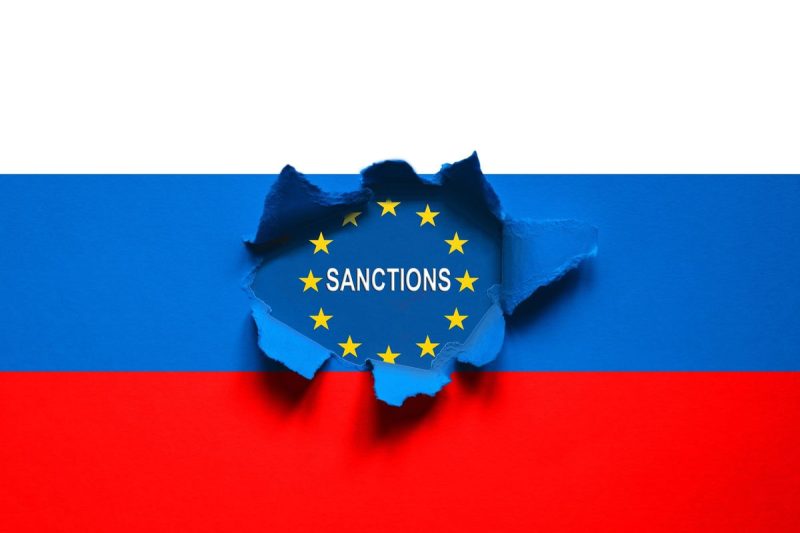
Russian Metal Sanctions Spark Surge in Copper, Nickel, and Aluminum Prices!
The recent sanctions imposed by the London Metal Exchange (LME) on Russian metal have led to a significant increase in copper, nickel, and aluminum prices. The restrictions on Russian metal imports have created a ripple effect in the global market, impacting various industries and investors. This move by the LME has caused a surge in prices as demand for these metals exceeds supply, leading to concerns about the potential economic consequences.
Copper, a vital component in various industries including construction, electronics, and transportation, has experienced a sharp price increase due to the sanctions on Russian metal. The limited availability of Russian copper has forced buyers to seek alternative sources, putting additional pressure on the market. As a result, copper prices have climbed to their highest levels in years, prompting concerns about the impact on manufacturing costs and inflation.
Similarly, nickel prices have also surged following the LME sanctions on Russian metal. Nickel is a crucial element in the production of stainless steel and batteries, making it an essential commodity for many industries. The restrictions on Russian nickel have strained the global supply chain, leading to higher prices and supply shortages. This has created challenges for manufacturers and consumers who rely on nickel for their products and operations.
In addition to copper and nickel, aluminum prices have also been affected by the sanctions imposed by the LME. Aluminum is widely used in various sectors, including automotive, aerospace, and construction. The limitations on Russian aluminum imports have disrupted the market, causing prices to rise and supply chain disruptions. This has raised concerns about the potential impact on production costs and the overall economy.
The sanctions on Russian metal imposed by the LME have highlighted the interconnectedness of the global metal market and the vulnerability of supply chains to geopolitical events. The sudden price increases and supply shortages have underscored the importance of diversifying supply sources and implementing risk management strategies.
In response to the escalating prices and supply chain disruptions, industry players are exploring alternative sourcing options and revisiting their supply chain strategies to mitigate risks. Some companies are seeking to secure long-term contracts with non-Russian suppliers or invest in domestic production capabilities to reduce their dependence on foreign sources.
Overall, the sanctions on Russian metal by the LME have had far-reaching implications for the global metal market, impacting prices, supply chains, and industry dynamics. As the situation continues to evolve, stakeholders will need to closely monitor developments and adapt their strategies to navigate the challenges posed by the changing market dynamics.
